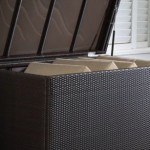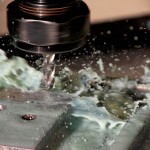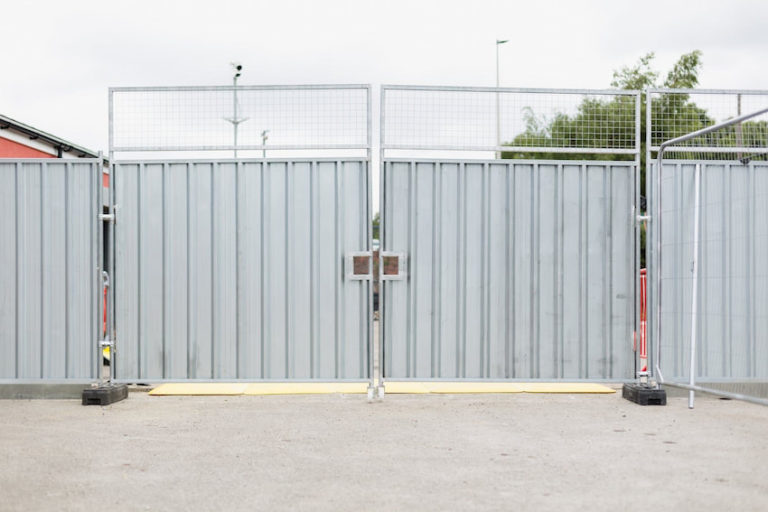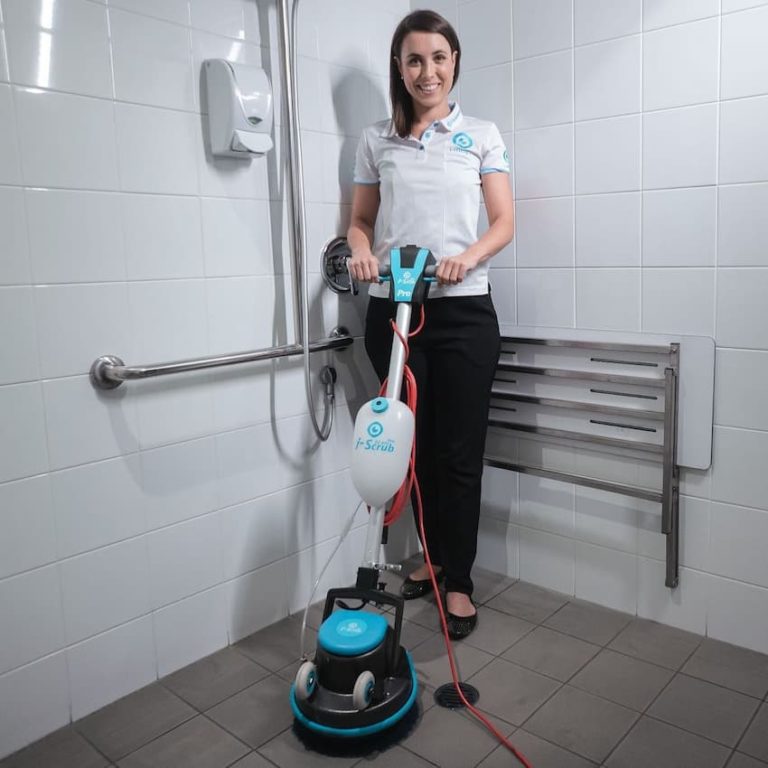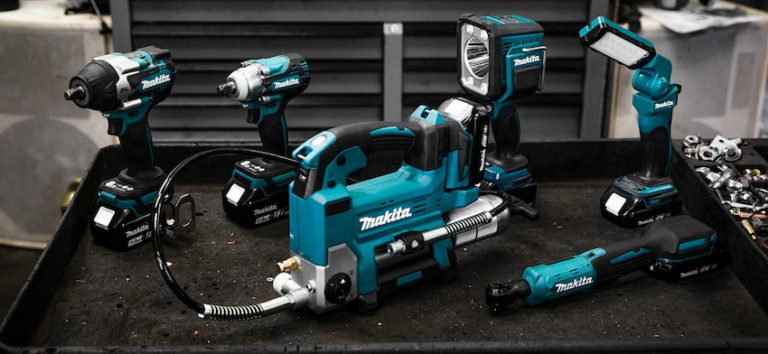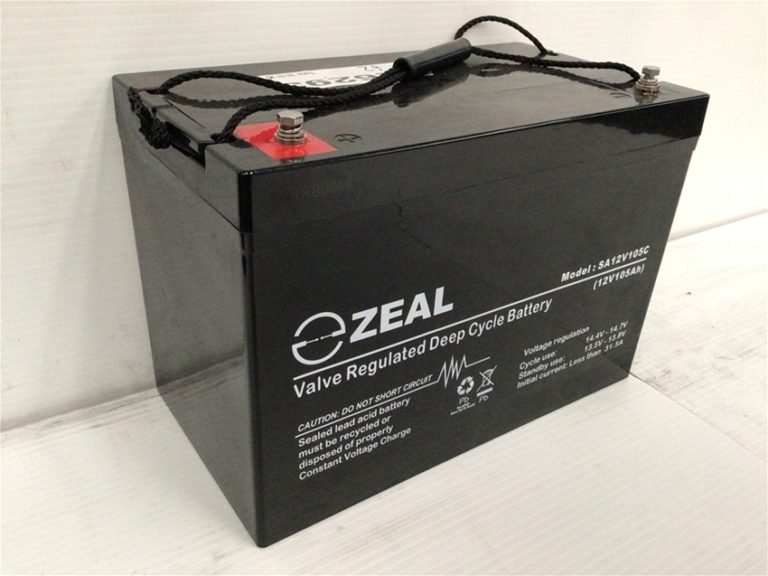Industrial solvents and thinners play an essential role in a wide range of industries for an even wider range of tasks, including thinning, cleaning, softening and extending. They come in a wide range of varieties, and it’s essential to know which one is the most appropriate for your particular tasks. The most commonly used thinners and solvents are isopropyl alcohol, white spirit, methylated spirits, acetone, xylene-based, and cellulose thinners. If you don’t work with solvents or thinners regularly, there are a few safety precautions you should follow. Furthermore, here are the most commonly used thinners and solvents you’ll find in industrial hardware supply stores, and what they’re most frequently used for.
Isopropyl Alcohol
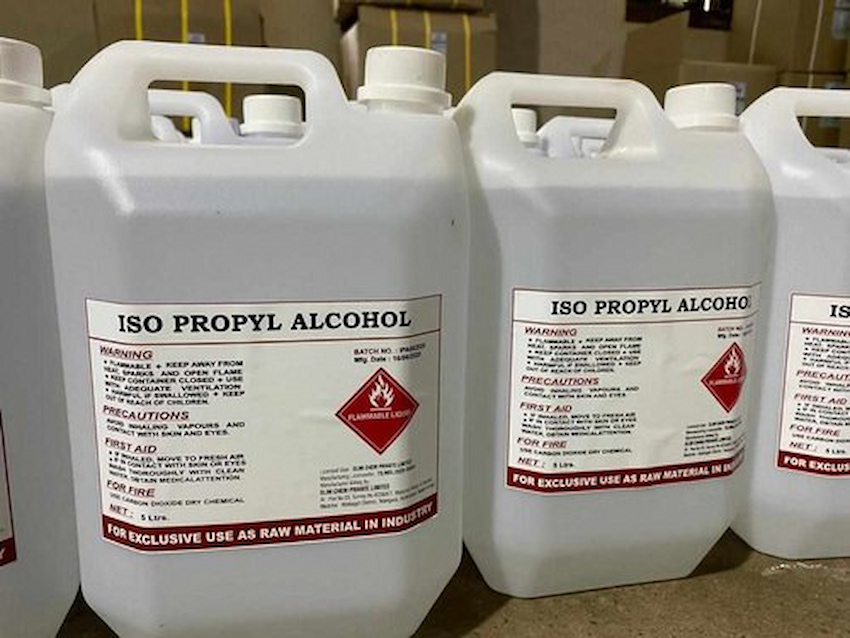
Also known as IPA, this is a versatile alcohol solution with high purity used in many everyday products. It’s contained in many cleaning products, spray deodorants, rinse agents and de-icers. Isopropyl has especially become popular in the past few years due to its sanitising properties, and it was used in most hand sanitisers throughout the pandemic. It’s a clear, colourless liquid with a strong alcohol smell. IPA is effective where water-based cleaning solutions aren’t, such as when cleaning electronic devices. You can sanitise and clean areas that people touch. It’s generally applied on a small piece of cloth or low lint cotton wool.
Besides industrial use, you can use IPA to clean lenses, glasses, keyboards, phone screens, keypads, kettles, door handles and doorbells. Furthermore, you can use it on paper kitchen towels or a piece of cloth to remove ink from whiteboards and other similar surfaces. It’s also great for cleaning sink plug holes, and taps, as well as for cleaning makeup and hairbrushes. All you have to do is dip the item in the IPA solution to kill germs and clean the item completely. After that, rinse the item and let it dry.
On top of all this, you can remove bad odours with it. Spray it into your shoes to disinfect them and deodorise them effectively and quickly. If your Tupperware has absorbed smells, apply some IPA with a cloth then rinse it and the smells should be gone.
IPA has a low freezing point than water, so you can use it as a de-icer in an emergency. In order to do this, you should make a mix of 1/3 water and 2/3 pure IPA in a spray bottle. Last but not least, you can remove sweat, sauce stains and grime from fabrics. In most cases, you’ll remove any strain, but not always, so test it out first on a small patch.
IPA is widely available and can be found in industrial hardware supply stores, convenience stores, gas stations, pharmacies, and so on.
White Spirit
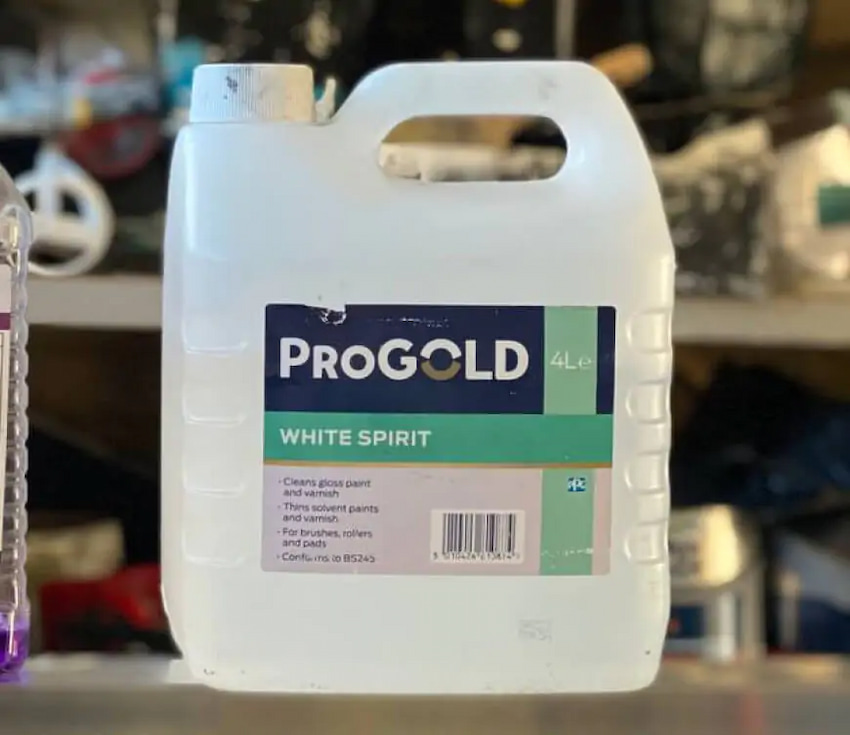
This solution is mostly used for thinning and brushing oil and solvent-based paints, wood finishing products and varnishes. It’s clear and colourless, and has a strong paint-like smell.
You can use it to clean bare metals and wood before priming, painting, varnishing or oiling. You should wipe the surface you’re working on with a white spirit dipped rag. After you wipe all the dirt from the surface, dry it with a soft cloth. You can even clean some varnished wood with it, but as always, test a small patch first. Furthermore, you can clean hand tools and garden furniture from tree resin or sap. On top of this, you can use white spirit to remove residue from sticky labels.
If you’re painting with a white-spirit based paint, you can use a white spirit solution to rescue paint spills. It will work on most, but not all surfaces. Grime and oil are easily removed from engine parts using white spirit. Use a cloth or dip the smaller parts into the white spirit solution. You can clean hard-to-reach areas by using a toothbrush.
Acetone
Acetone solutions are commercially manufactured solutions that are also found naturally in trees, plants as well as humans. They’re also known as 2-propanone, dimethyl ketone and beta-ketopropane. You can use acetone in a wide range of applications, including thinning vinyl, adhesives and polyester resin. It’s also commonly used for preparing surfaces like wood and metal before painting. It’s clear and colourless like other solutions, but unlike most, it has a slightly fruity, sweet smell.
It’s frequently used for removing nail polish, but what most don’t realise is that it’s very flammable. Further, it’s great for thinning fibreglass resins and dissolving two-part epoxies and superglue. Additionally, it’s useful for cleaning brushes and used as a heavy-duty degreaser. It can work in most situations where IPA works. You can remove stains from glass, porcelain, and even scuff marks or scratches on glass. Use a microfiber cloth and rub the surface gently until you see results. If it doesn’t work, don’t press harder, just use another method.



